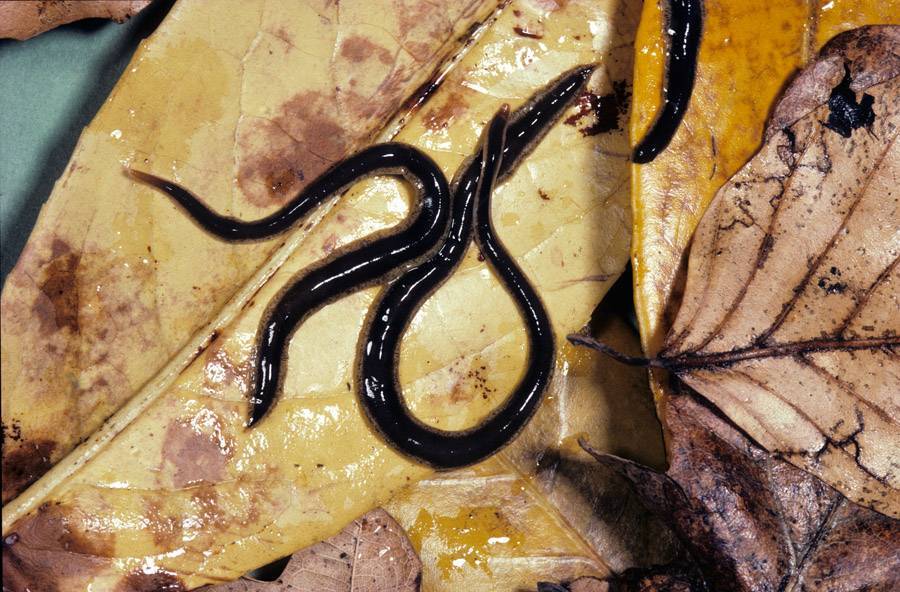A north neighbourhood is in uproar after soil infested with an invasive flatworm was dumped near homes.
Residents of Townlands Park in Cromarty have hit out after a huge heap of the soil was deposited at White Dykes Industrial Estate at the back of houses.
The soil was removed during work for the extension of Cromarty Primary School and was found to be infested with the invasive, non-native New Zealand flatworm.
It is understood that disposing of the tonnes of worm-contaminated earth in landfill would add at least £100,000 to the costs of the school extension.
Highland Council received permission from Scottish Natural Heritage (SNH) and the Scottish Environmental Protection Agency (SEPA) to dump the topsoil elsewhere in Cromarty – but residents have hit out at not being kept informed.
Lisa Mackay, secretary of Community Residents Association of Cromarty, is a resident in Townlands Park.
She said: “Nobody was told anything about it. We just woke up one morning and at 7.30am there were diggers and all this work going on.
“It’s not so much the flatworms because there’s nothing we can do about it now, it’s the fact that nobody was told anything.
“Nobody grudges the new school, we’re delighted with that. But we don’t want to be used as a dumping ground.”
The New Zealand flatworm is an invasive species in Europe which feeds almost entirely on local earthworms.
This in turn degrades the quality of the soil and has an impact on agriculture, biodiversity and wildlife.
Soil found to be infested cannot then be used for building work. The soil removed at Cromarty is because it couldn’t be used in the foundations of the school extension.
A Highland Council spokesman said: “After careful consideration this was deemed the most practical and economic solution. There will be consultation on the future use of the site.”
A spokesman for Sepa confirmed that they had granted an “exemption” to allow the soil to be moved.
He added: “The exemption was granted on the basis that the quality of the soil did not pose a contamination risk to local area.
“Sepa is aware of concerns regarding the existence of non-native flat worms within the soil, however understand that a licence has been issued by SNH for the movement of this species.”
